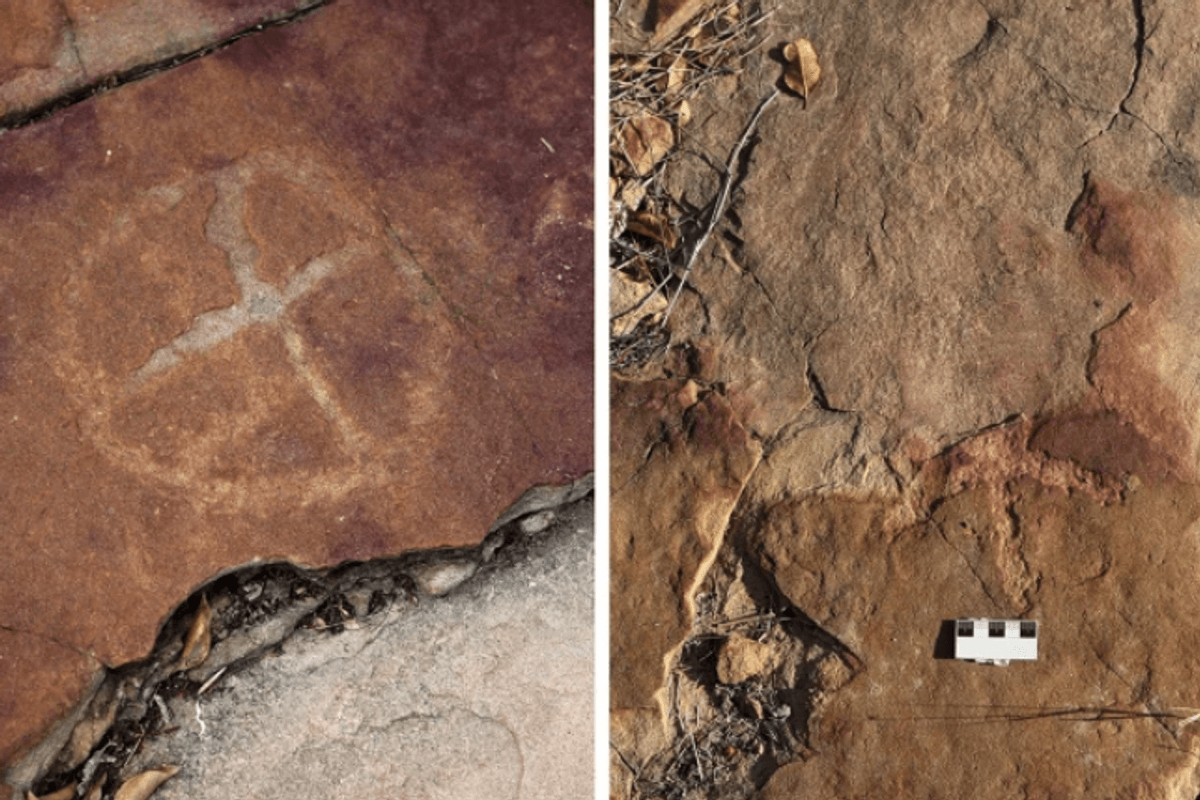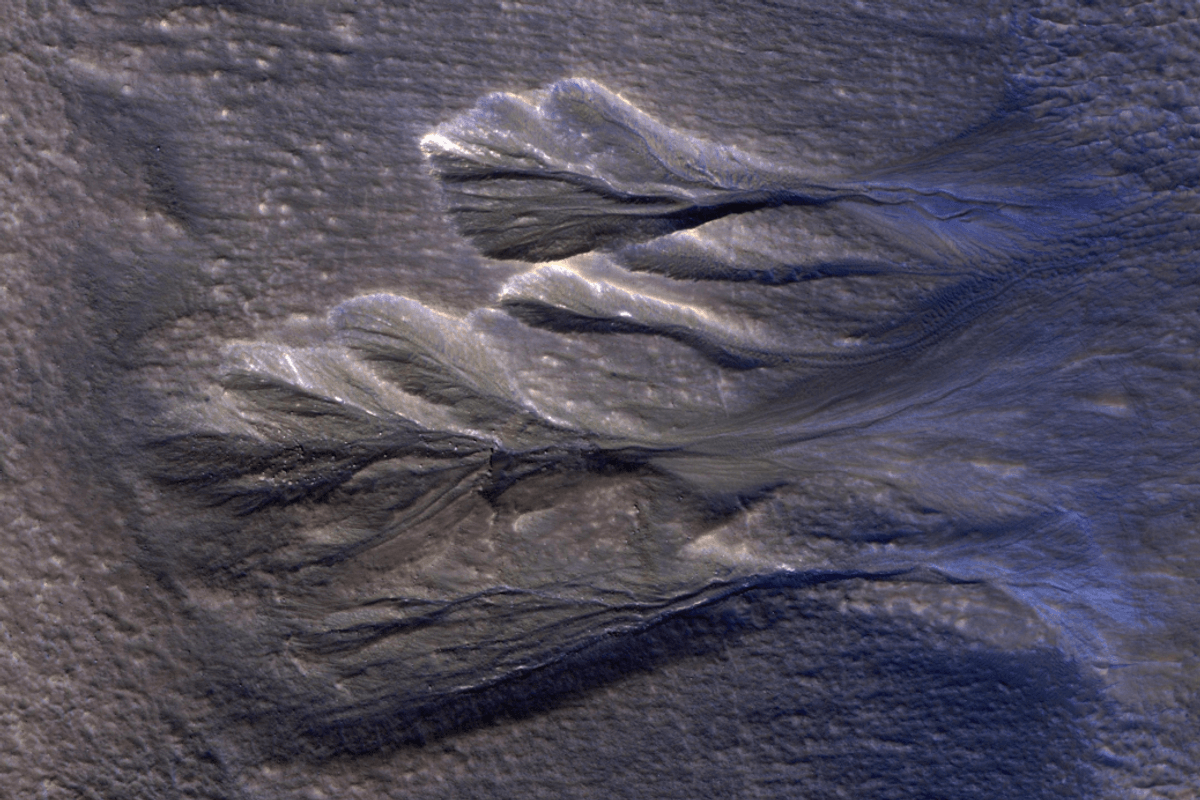Jessica Brown
Apr 06, 2017

Picture:
Getty Images/iStockphoto
Cases of revenge porn have been on the increase, according to an investigation by the Guardian in 2015.
One survey found that 23 per cent of those aged 18 to 30 have been a victim of the crime. And 93 per cent of revenge porn victims reported suffering significant emotional distress afterwards.
Facebook has come under criticism for its inactive role in the fight against fake news – but the website has redeemed itself with new tools to help prevent revenge porn.
Facebook has introduced new artificial intelligence tools to help prevent revenge porn from being shared on Facebook, Messenger and Instagram, CEO Mark Zuckerberg has announced.
If you see in intimate image on Facebook you think was shared without permission, you can report it.
Trained staff will review and remove the image if it violates Facebook’s terms, and the account of the person sharing the image will be disabled.
And now, Facebook will then use photo-matching technologies to prevent the photo being shared anymore.
More: What it's like to have your nude selfies circulated online
More: A journalist uploaded her own naked pictures to a revenge porn website. What happened next is awful
Top 100
The Conversation (0)
x













